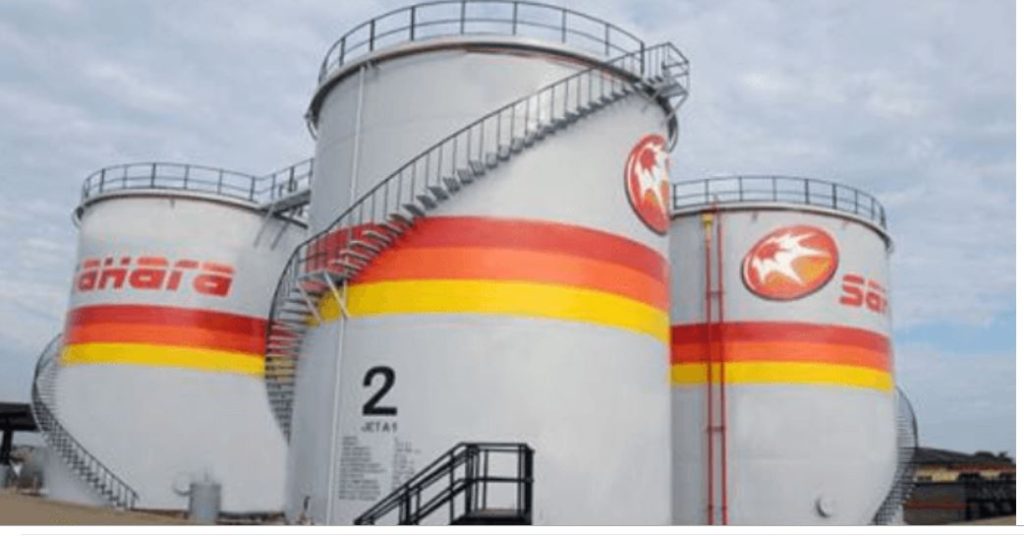Sahara Group’s Commitment to Expanding Energy Access in Africa
The Sahara Group, a leading energy conglomerate, has reaffirmed its commitment to expanding energy access across Africa, aiming to contribute significantly to the continent’s electrification goals. With existing power generation capacity of approximately 2,000 MW, the group is poised to play a vital role in bridging the energy gap and fostering economic growth. One of their key initiatives is the development of a 180-megawatt power plant in Rivers State, Nigeria, slated for completion this year. This project, combined with the exploration of investment opportunities in hydro generation plants in East Africa, underscores Sahara’s dedication to providing reliable and sustainable energy solutions throughout the continent.
The Sahara Group’s executive director, Kola Adesina, emphasized the urgency of addressing Africa’s energy challenges during a recent energy summit in Dar es Salaam, Tanzania. He highlighted the need for collaborative policies, sustained multi-stakeholder investments, and bold reforms to expand energy access to the over 600 million Africans currently lacking electricity. Adesina expressed Sahara’s support for the ambitious "Mission 300" initiative, which aims to connect 300 million people to reliable electricity by 2030. He stressed the importance of partnerships between governments, private sector stakeholders, development partners, and civil society organizations to achieve this ambitious goal.
Sahara Group’s dedication to enhanced energy access is manifested through its subsidiary, Sahara Power Group, which is actively investing in power generation and distribution assets across the continent. The planned 180 MW power plant in Rivers State, Nigeria, is a prime example of their commitment to boosting power supply and driving industrialization in Africa’s most populous nation. Furthermore, the group is actively exploring investment opportunities in hydro generation plants in East Africa, demonstrating their commitment to promoting clean energy sources and environmental sustainability. These initiatives align with the broader vision of "Mission 300" and contribute to the global push for renewable energy adoption.
The successful implementation of these projects requires a multi-pronged approach, encompassing not only financial investments but also robust capacity building in energy infrastructure and technology, as well as supportive policy reforms. Adesina emphasized the need for bold policies and tariff reforms to incentivize investment and ensure the financial viability of energy projects. He also highlighted the critical role of sustainable funding to develop the necessary infrastructure for delivering reliable and affordable energy solutions across the continent. The Sahara Group’s commitment extends beyond financial investments to include advocating for policy reforms that create a conducive environment for sustainable energy development.
The "Mission 300" initiative, endorsed by African heads of government and key partners, represents a significant stride towards increasing energy access and promoting environmental sustainability. The World Bank Group and Africa Development Bank are expected to play crucial roles in financing energy projects, offering project development expertise, providing advisory services, and fostering partnerships to support the initiative. These institutions will leverage their resources and expertise to support capacity building, policy development, and sustainable development practices, contributing to the holistic growth of Africa’s energy sector.
Sahara Group’s commitment to enhancing energy access aligns with the broader continental and global push towards sustainable development. By investing in both traditional power generation and exploring renewable energy sources like hydro power, Sahara is demonstrating a balanced approach to meeting Africa’s immediate and long-term energy needs. The group’s emphasis on partnerships, policy reforms, and capacity building underscores their recognition that sustainable energy development requires a comprehensive and collaborative effort. Their investments and advocacy are helping pave the way for a brighter and more electrified future for Africa, contributing significantly to the continent’s economic growth and overall development.


